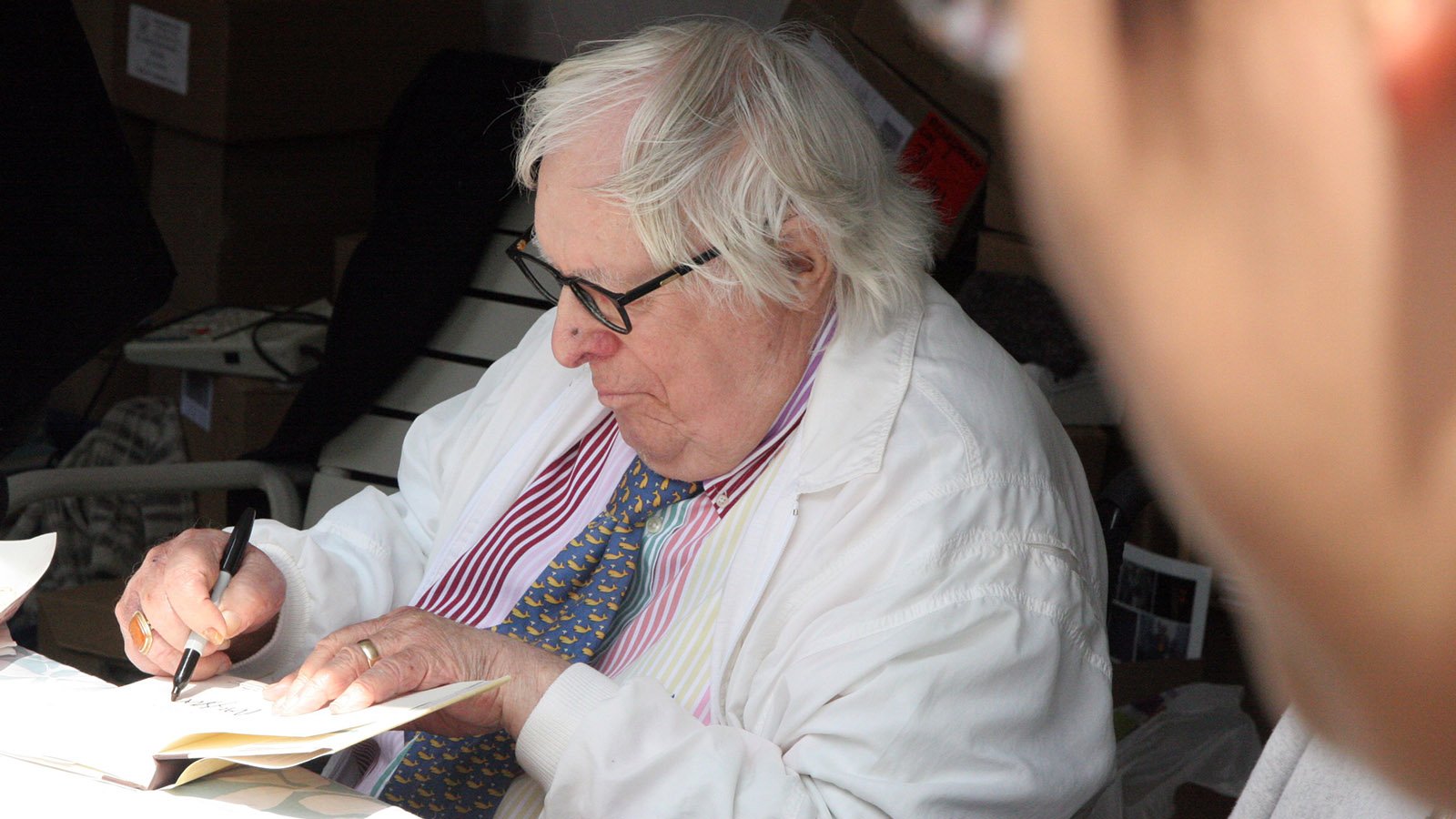Entering the realm of one’s seventies marks a significant milestone, where a lifetime of experiences, wisdom, and memories converge. Yet, with this stage of life comes the need for mindful consideration of one’s well-being and safety. As individuals embark on this chapter, certain activities once taken for granted may warrant reevaluation – even completely stopping.
Driving at Night

Vision tends to deteriorate with age, particularly in low-light conditions. Driving at night can increase the risk of accidents due to decreased visibility.
Excessive Alcohol Consumption

Older adults often have a reduced tolerance for alcohol and may experience more severe consequences from its consumption, including increased risk of falls and interactions with medications.
Overexertion in Hot Weather

Aging bodies may have a harder time regulating temperature, increasing the risk of heat-related illnesses such as heat exhaustion or heatstroke when overexerting in hot weather
Neglecting Sleep

Quality sleep becomes increasingly important with age, so it’s essential to prioritize good sleep hygiene habits and seek treatment for any sleep disorders that may arise.
Skipping Meals:

As we age, our bodies become less efficient at absorbing nutrients. Skipping meals can lead to vitamin D and mineral deficiencies, crucial for bone health, weakening bones and increasing the risk of fractures.
Too Much Salt:

With aging, kidneys become less effective at filtering sodium. A salty diet can raise blood pressure, straining the heart and increasing the risk of stroke and heart disease.
Social Isolation:

Staying socially connected is crucial for mental and physical well-being after 75. Social isolation can lead to depression, anxiety, and cognitive decline.
Smoking:

Smoking weakens lungs and the heart, increasing the risk of respiratory problems, heart disease, cancer, and susceptibility to infections. It is better to stop doing any of that after 70 to retain your health.
Unbalanced Diet:

As we age, our bodies undergo various changes that can affect our ability to absorb and utilize nutrients effectively. After the age of 75, maintaining a balanced diet becomes even more crucial for overall health and well-being. A diet lacking essential nutrients during this stage of life can have significant repercussions on several aspects of health.
Inactivity:

Regular physical activity is key to maintaining health after 75, strengthening muscles, improving balance, boosting mood, energy, and cognitive function.
Ignoring Warning Signs:

Being attuned to bodily signals is crucial with age. Ignoring symptoms like pain, changes in habits, weakness, or weight loss could signify a health problem.
Financial Insecurity:

Financial stress weakens the immune system, increases blood pressure, and contributes to anxiety and depression, impacting overall well-being. It is important to reduce worrying, and plan your retirement in a better fashion.
Dehydration:

As people age, they may experience a diminished sense of thirst, increasing the risk of dehydration. This dehydration can result in symptoms such as confusion, dizziness, fatigue, and exacerbation of urinary tract infections due to reduced fluid intake. It’s crucial for older adults to stay mindful of their hydration levels and ensure adequate fluid intake to maintain optimal health
Unsafe Sun Exposure:

Thinner, more susceptible skin after 75 increases the risk of skin cancer. Protecting against sun exposure with shade, protective clothing, and sunscreen is crucial.
Poor Sleep Hygiene:

Sleep becomes more fragmented with age, so good sleep hygiene practices are essential after 75 to maintain restful sleep. Work on establishing a consistent sleep schedule, creating a relaxing bedtime routine, ensuring a comfortable sleep environment, limiting caffeine and alcohol intake before bed, and avoiding stimulating activities close to bedtime.
Foot Neglect:

Poor foot care can lead to problems like corns, bunions, and infections. Regular inspection, proper footwear, and hygiene are crucial for foot health.
Not Getting Regular Checkups:

After reaching 75, prioritizing preventive care is important for detecting and addressing health concerns early, which can significantly enhance overall well-being.
Regular check-ups, screenings, and vaccinations can help manage chronic conditions effectively and prevent potential complications. By staying proactive with preventive measures, seniors can maintain their health and quality of life well into their later years.
DIY Medical Care:

Avoid self-treatment based on previous experiences after 75, as it may not be accurate or appropriate. It can also meddle with other medications, and can be serious danger. Consulting a doctor for any health concerns ensures proper diagnosis, treatment, and monitoring


